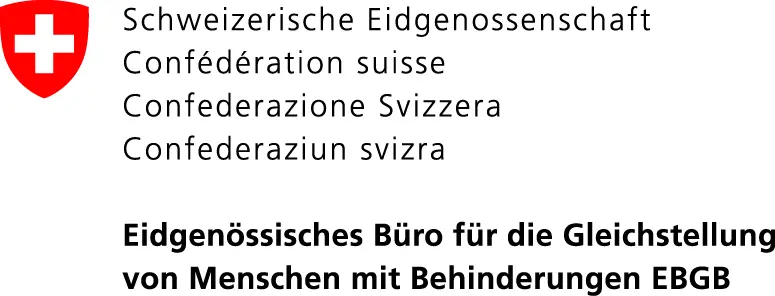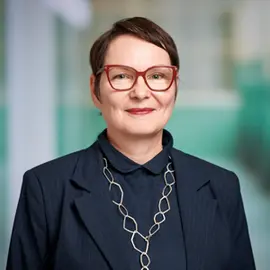Linguistic and occupational therapy support for augmentative and alternative communication in young adults
Empowerment for an adult life
Description
Persons who are using augmentative and alternative communication (AAC) often do not receive new communication devices after compulsory schooling, and they do not receive further speech therapy support. As young adults, they are at a threshold into an important stage of their life, and into vocational education or employment, where they also develop new communication needs. In order to empower them to expand their language skills after compulsory schooling, the project aims for an inclusive concept of language support centering on the needs of (young) adults using AAC. It also takes into account that AAC users can only exercise their linguistic rights if their environment is trained in the linguistic needs of (young) adults in life, occupation and employment and if tools are available for an age- and language-appropriate support. There is currently a knowledge gap for informed practice in Switzerland. Applied linguistic findings on language acquisition and easy language as well as occupational therapy findings on support in adulthood are combined in the project and linked with findings and practices of social work and public service professionals. Persons using AAC are participating in the project’s inclusive setting. They are involved via interviews, self-observation and evaluation of practices in developing supportive tools.
Key data
Projectlead
Co-Projectlead
Project team
Prof. Dr. Martina Spiess, Larysa Zavgorodnia, Dr. Iris Hübscher, Kathrin Brunner
Project partners
Active Communication AG; b-at AG Beratung assistive Technologien; Stiftung Humanus-Haus; Gesellschaft für Unterstützte Kommunikation e.V. / Regio Schweiz; buk Bildung für Unterstützte Kommunikation
Project status
completed, 10/2020 - 10/2023
Institute/Centre
Institute of Language Competence (ILC); Institute of Occupational Therapy (IER)
Funding partner
Eidgenössisches Büro für die Gleichstellung von Menschen mit Behinderungen EBGB
Project budget
300'000 CHF
Further documents and links
Publications
-
The role of discourse markers, backchannels and pauses on discourse structure in Alternative and Augmented Communication (AAC)
2023 Hübscher, Iris; Hohenstein, Christiane; Spiess, Martina; Gantschnig, Brigitte
-
Interkulturelle Kommunikation und inklusive Sprache – Schnittstellen und Fragen : Vortrag im Kolloquium Uni Lausanne, Germanistik
2023 Hohenstein, Christiane
-
Empowering young augmentative and alternative communication-users in their transition into adulthood
2022 Spiess, Martina; Hübscher, Iris; Hohenstein, Christiane; Gantschnig, Brigitte
-
Gemeinsam junge Menschen ermächtigen : wie Linguistik und Ergotherapie zusammenspannen
2022 Hübscher, Iris; Spiess, Martina; Hohenstein, Christiane; Gantschnig, Brigitte
-
Participation through sign languages, AAC, and multilingual health care communication : where the linguistics of inclusion and intercultural communication converge
2021 Hohenstein, Christiane
-
Augmentative and Alternative Communication : scoping review
2018 Kollmar, Anja; Hohenstein, Christiane; Sabatino, Adriana; Gantschnig, Brigitte

